For us urban dwellers, the world is awash with unwanted, invasive noise – phones with silly ringtones, car alarms, emergency-vehicle sirens, motorbikes roaring past, shrieking children, drunk and singing teenagers, barking dogs… It can genuinely be difficult to find some proper, soothing peace and quiet.
As someone who makes his living talking to audiences and droning on in the media, there’s arguably some irony – perhaps even hypocrisy – in my holding the view that we could all benefit from turning it down a bit. But I do think that. In fact, I think that we should very definitely put a sock in it.
I held this view particularly on Saturday night, as the comedian Mel Giedroyc took the BBC presenter’s chair at the Eurovision Song Contest, while Graham Norton went on stage to host the “United Kingdom – nul points” scoring bit.
Giedroyc talked over Norton. She talked over Hannah Waddingham’s address in delightful French. She risked an international incident by talking over the foreign judges as they delivered their scores.
Predictably, given its centrality to the modern Eurovision experience, Twitter did not take kindly to this incessant babble (another irony there). Most of the tweets are unprintable due to their authors’ choice of wording, but here’s a tamer one that sums up the general reaction: “Who made the decision to give Mel Giedroyc a microphone? Can’t hear the chuffing points because she will NOT stop prattling on over the presenters who are literally talking in – let me check – English!” Someone else posted a meme of Arnold Schwarzenegger repeatedly screaming “SHUT UP”.
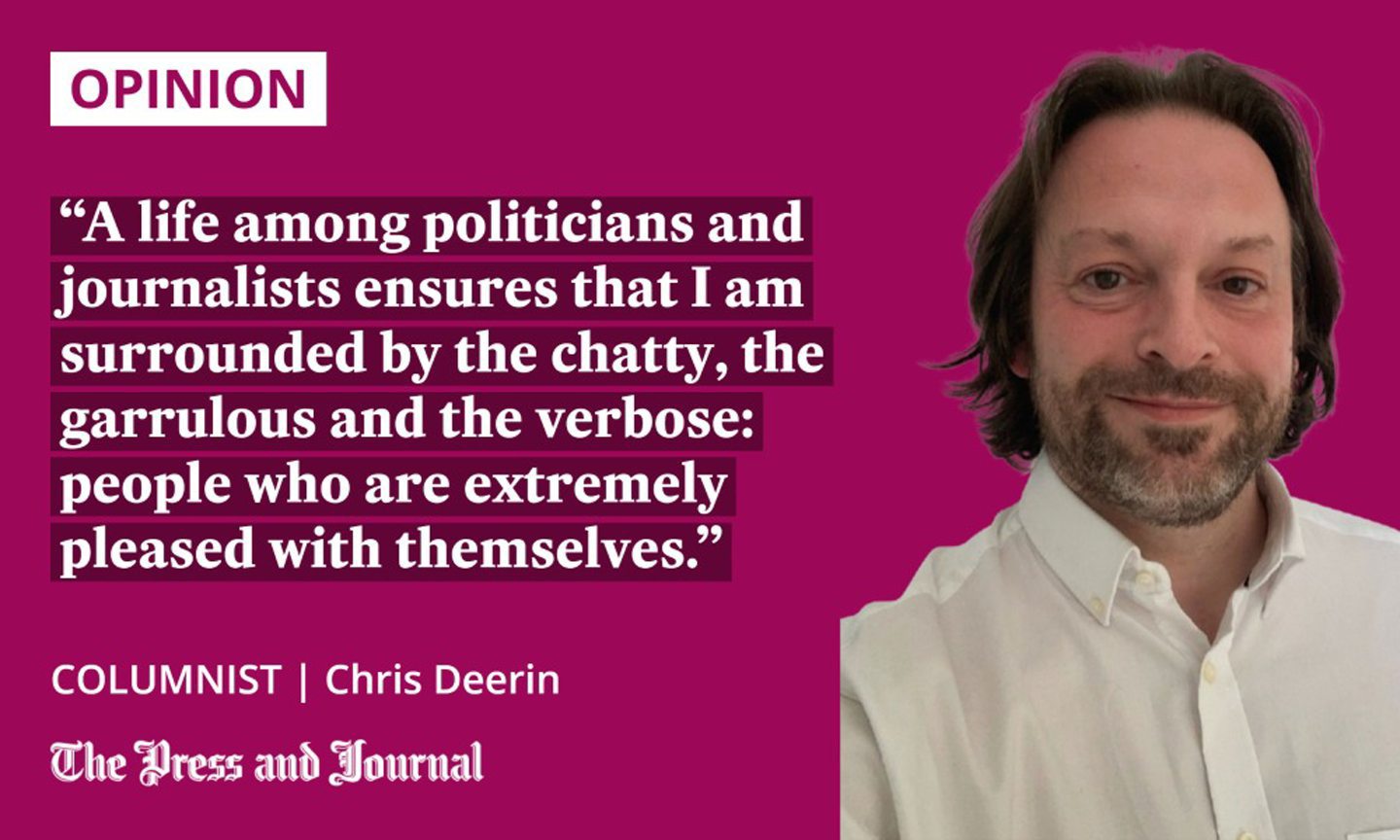
I remember Terry Wogan telling me some years ago about the important role played in broadcasting by silence. Wogan said that, in the combative joust that was his daily handover routine with Jimmy Young, he would make sure that Young got the last word as often as he did.
“Sometimes it’s better for the audience if you let yourself lose. You have to know when,” he said. From someone who, self-deprecatingly, claimed that his “only real talent is to be able to switch on a microphone and talk”, this sounds like good and wise advice: know when to zip it, Ms Giedroyc.
But it’s not just her, is it? A life among politicians and journalists ensures that I am surrounded by the chatty, the garrulous and the verbose: people who are extremely pleased with themselves, and insist on telling you why you should very much take them at their own high self-estimation.
I’m just not the talkative type
My head is often rattling with the boasts and apparent achievements of others. So many of us just have so much to say.
I make this point because I don’t consider myself one of them. Perhaps it’s because I’m an only child and spent a lot of my youth in my own company, reading quietly in what was quite a quiet house.
I am still most content in an otherwise empty room, devouring a book, the turning of pages the only sound. I don’t (yet) feel the need to talk to myself, and, if left alone, can go a day or even longer without speaking out loud. Bliss.
I’m just not the talkative type. I loathe small talk and have no talent for it. I’m quite happy to sit in company and let others gab away – sometimes I’ll even listen. Perhaps this will change in time.
I love Mel Giedroyc and she made me laugh out loud several times but I don’t understand why the producers got her to commentate during the scoring while we had brilliant hosts being brilliant in English. What a show though!
— Nicky Campbell (@NickyAACampbell) May 14, 2023
My mother’s conversational output is infamous for its relentless and unceasing flow, the content rarely tapered to the interests of her stunned victim. My grandmother was the same. We’re a family full of teachers, so I would never get much of a word in anyway.
I’ve noticed, too, that, when I’m trudging with the hound around the local park, many older, male dog walkers will want to stop for a long blether, regardless of the meteorological conditions. I know everything about their health, their children, any upcoming or recently completed holidays, all former places of work, and their view of “the Rangers” or “the Celtic”, depending on preference.
Having dumped all this on me, do they then return home and slump sullenly in an armchair, their wives wishing they would open up a little? Or, do they just keep yammering on, all day, every day?
Endless noise for noise’s sake
The ability to communicate may be the greatest gift granted to us, of course. Talking can stop wars as well as start them, can help inspire great art, is pretty essential in any successful football team.
We are all constantly seeking to persuade and shape the opinions of others, to win arguments, and talk our way out of tricky situations. And the radio wouldn’t be much fun without chat.
But we are living in a tower of babble these days, endless noise for noise’s sake, seemingly no filter between the thoughts that come into our heads and what emerges from our mouths. When was the last time you looked at a person and thought: “Ah, the strong, silent type”? There aren’t many John Waynes out there.
Well, I for one am a fan of keeping schtum unless necessary. If I say something to you, it’s because I feel it’s important to say it. Then I’ll shut up again, for just as long as I can get away with. The sound of silence: it’s worth trying.
Chris Deerin is a leading journalist and commentator who heads independent, non-party think tank, Reform Scotland
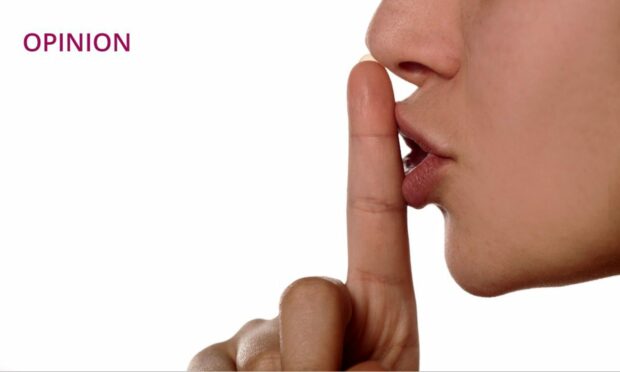

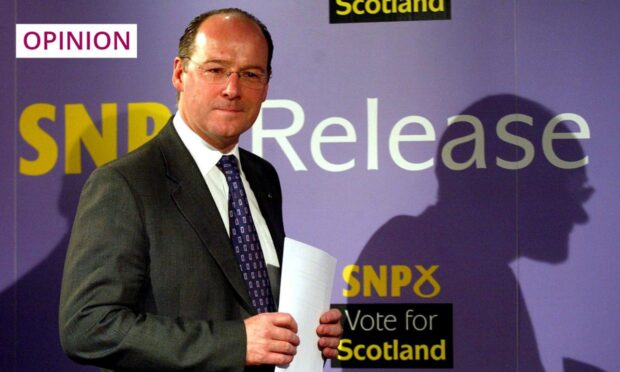
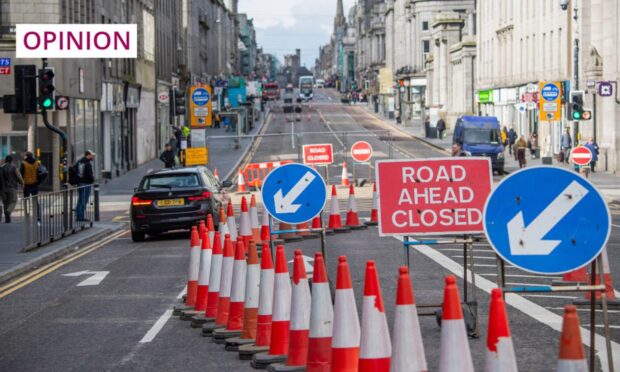
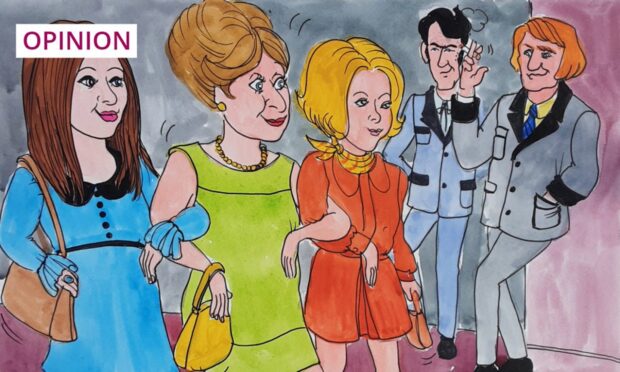
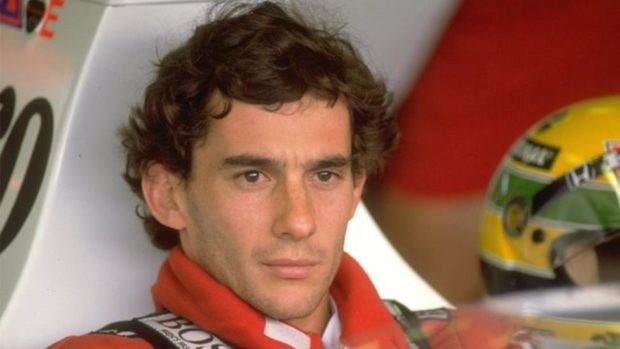

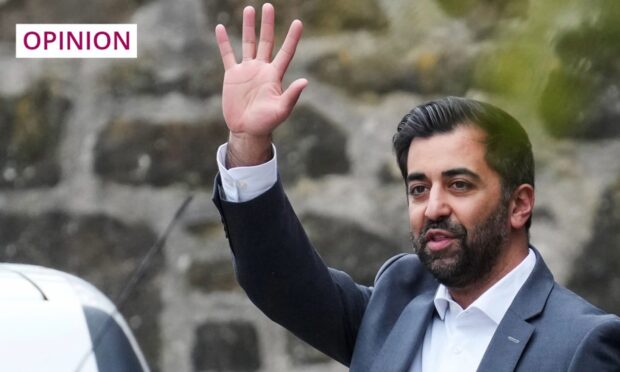
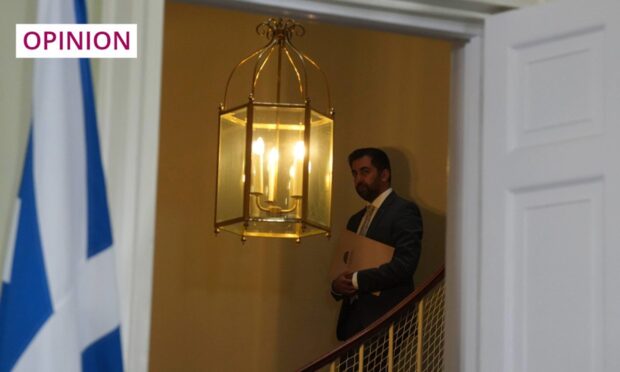



Conversation